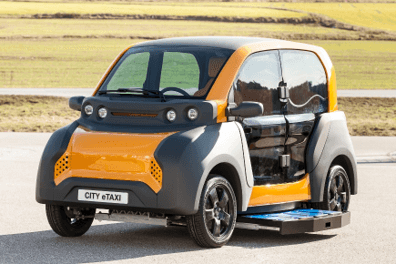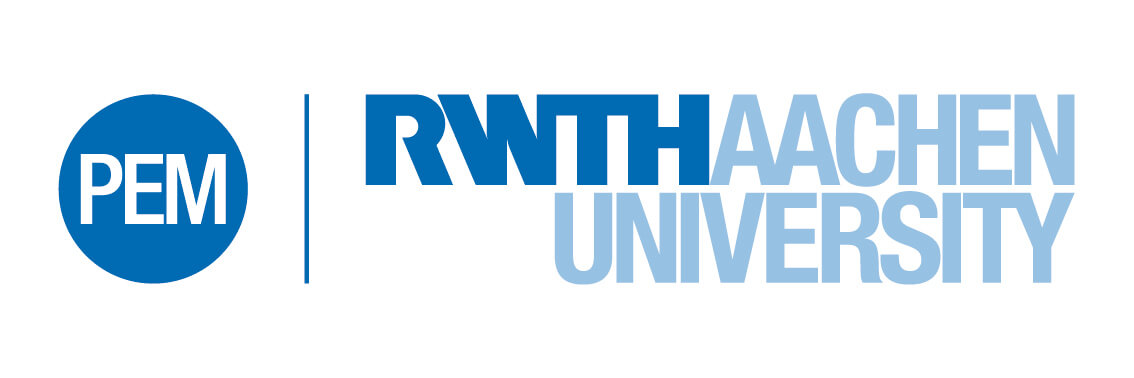The increasing inner-city individual traffic leads to an increasing traffic load and contradicts the idea of sustainability. Motivated by this, a vehicle should be designed and developed to fit the requirements of a sustainable mobility concept.

PEM
Through the successful homologation and approval of the pilot vehicles, we further expanded our competencies and expertise in the development of novel vehicle concepts, especially in the small vehicle class L7E.
